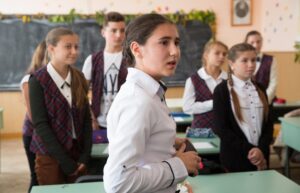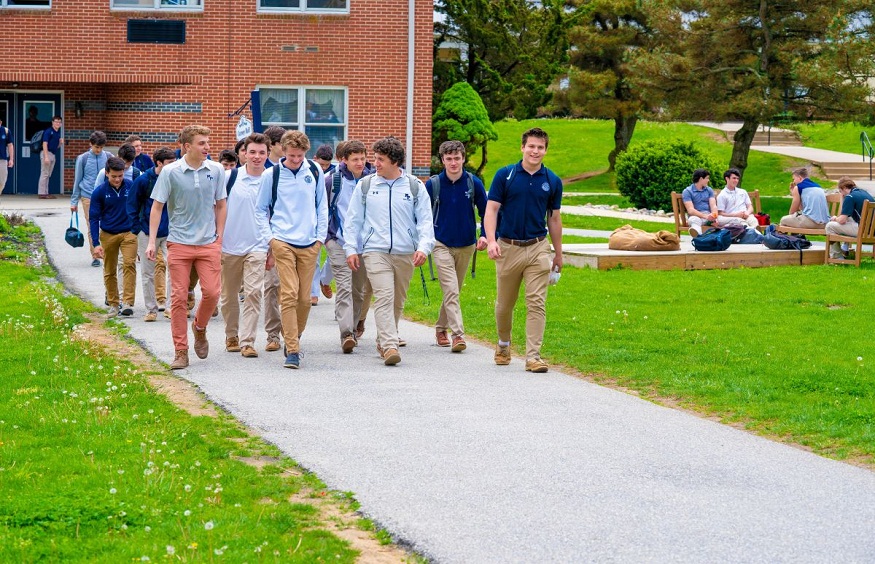A new environment. What strikes first at the entrance to colleges is the size of the premises. More floors, more corridors, more rooms: enough to be intimidated. Without forgetting new places: the duty room, the office of school life, the socio-educational home if necessary… Certain colleges have implemented the policy of the single classroom for the 6th. But, in most schools, students have to change rooms every hour, for each subject.
From biggest to smallest . At school, in CM2, your child was one of the “big ones”. In college, when entering sixth grade, he will be a “little one”. Especially if his establishment is a school complex bringing together middle and high school students, even BTS students… A transition that is not always easy to accept.
New materials . At school, your child has received the basics of scientific and technological culture. From sixth grade, he will discover physics-chemistry and life and earth sciences (SVT). Moreover, without being a novelty strictly speaking, the learning of the first modern language takes on greater importance, if only in hours of lessons.
From single teacher to multiple teachers . At school, your child had only one teacher for all subjects (with, if necessary, occasional teachers for sports, music, plastic arts, or even introduction to foreign languages). In college, there will be, with some exceptions, as many teachers as subjects. Consequences: teachers are generally more distant, which can disturb your child. They have less time to devote individually to each child, the personal work of the pupils becomes more important. The change is also important for you, parents, because secondary school teachers are less available than in primary school. It is therefore important to carefully note the date of the parent/teacher meetings (see “The place of parents in the college”, file 28).
New referring adults . At the college, there is not only the director (in this case the principal) and the teachers, as at school. Your child will also have to get to know the principal educational adviser (CPE), an essential personality in school life, particularly with regard to the management of absences (see “The organization chart of a college”, ). As well as the supervisors, the librarian and, later, the guidance counsellor-psychologist (see “The librarian and the CDI”, file 26 and “The medico-social team”, file 27).
A different schedule . Perhaps the most concrete change is this: in most colleges, the working day starts at 8 am. In provincial schools, it was often an hour later… Watch out for fatigue! The week is busier in teaching hours – we sometimes work on Wednesday mornings –, the schedule is both denser and more fragmented, with breaks: between a French course and a history course- geography, your child may sometimes have to spend an hour in the duty room.
New ways of working . At school, we learn to write. In college, you copy more and more in class: an important success factor is knowing how to write quickly. Oral language is always requested by teachers, but often less than in primary school. Above all, it is less valued: the assessments (checks, questions) will now be essentially written.




